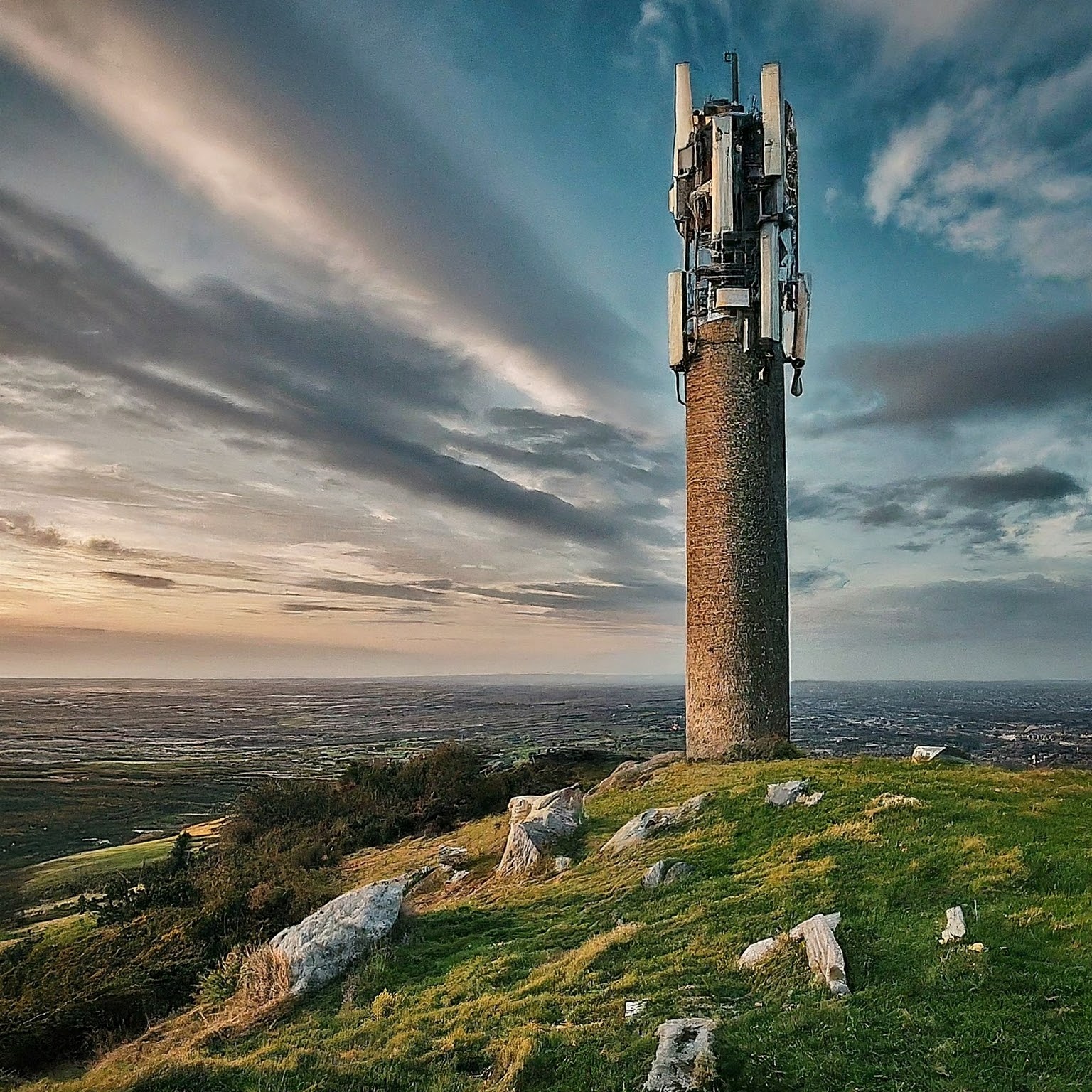The Verizon network is renowned for its extensive coverage, blazing-fast speeds, and unwavering reliability. As a leading telecommunications provider in the United States, Verizon has consistently invested in its network infrastructure, ensuring that its customers stay connected wherever they go. This in-depth guide will explore the various aspects of the Verizon network, including its technology, coverage, performance, 5G advancements, and future plans.
The Verizon network is a combination of 4G LTE and 5G technologies, providing a seamless and reliable connection for millions of users across the country.
4G LTE: The Backbone of Verizon’s Network
Verizon’s 4G LTE network is the foundation of its coverage, providing a strong signal and reliable connection in most areas. This network is essential for everyday tasks like calling, texting, web browsing, and social media.
5G: The Future of Wireless Technology
Verizon is leading the charge in 5G deployment, offering two types of 5G service:
- 5G Nationwide: This service covers a vast majority of the US population and offers faster speeds and lower latency than 4G LTE.
- 5G Ultra Wideband: This ultra-fast 5G service is available in select areas and delivers even faster speeds and lower latency than 5G Nationwide.
- Verizon Network Coverage: Reaching Every Corner of the Nation
Verizon network coverage is one of its greatest strengths. The company boasts the largest 4G LTE network in the United States, covering over 99% of the population. Verizon is also rapidly expanding its 5G network, bringing faster speeds and improved connectivity to more areas every day.
Checking Verizon’s Coverage:
- Coverage Map: Verizon provides an interactive coverage map on its website and app, allowing you to check the network coverage in your area.
- Crowd-Sourced Coverage Maps: Third-party apps and websites like OpenSignal and RootMetrics provide crowd-sourced coverage maps that offer real-world insights into Verizon’s network performance in different areas.
- Customer Reviews: Read reviews from other Verizon customers to learn about their experiences with network coverage in your area.
- Verizon Network Performance: Speed, Reliability, and Awards
The Verizon network is consistently ranked as one of the best in the country in terms of speed, reliability, and overall performance. Independent organizations like RootMetrics and J.D. Power regularly award Verizon top honors for its network quality.
Factors Affecting Verizon Network Performance:
- Location: Network performance can vary depending on your location, proximity to cell towers, and local congestion.
- Device: The type of device you’re using can impact your network experience. Newer devices with the latest technology often offer better performance.
- Plan: Some Verizon plans may prioritize certain types of traffic over others, which can affect your speeds.
- Verizon 5G Network: A New Era of Connectivity
Verizon’s 5G network is transforming the way we connect, offering faster speeds, lower latency, and the potential to revolutionize industries like healthcare, transportation, and manufacturing.
Benefits of Verizon’s 5G Network:
- Faster Speeds: 5G offers significantly faster download and upload speeds than 4G LTE, enabling seamless streaming, faster downloads, and improved video conferencing experiences.
- Lower Latency: 5G’s low latency reduces lag time, making it ideal for real-time applications like gaming and virtual reality.
- Increased Capacity: 5G can handle more devices and data simultaneously, ensuring a reliable connection even in crowded areas.
- Innovation: 5G is powering new technologies and applications that weren’t possible with 4G LTE, such as autonomous vehicles, remote surgery, and smart cities.
- Future of the Verizon Network
Verizon is continuously investing in its network to ensure it remains at the forefront of wireless technology. The company has ambitious plans for expanding its 5G network, improving coverage, and introducing new features and services that will further enhance the mobile experience for its customers.
Key Initiatives:
- C-Band Expansion: Verizon is expanding its C-Band spectrum holdings to provide even faster 5G speeds and wider coverage.
- Network Densification: The company is adding more cell sites and small cells to improve network capacity and coverage, especially in urban areas.
- Edge Computing: Verizon is investing in edge computing infrastructure to bring cloud-based applications and services closer to users, reducing latency and improving performance.
Conclusion
The Verizon network is a powerhouse of wireless technology, offering extensive coverage, fast speeds, and reliable performance. With its 4G LTE backbone and rapidly expanding 5G network, Verizon is well-positioned to meet the evolving needs of its customers. Whether you’re using your phone for work, play, or staying connected with loved ones, the Verizon network provides a solid foundation for a seamless and enjoyable mobile experience.
I hope this comprehensive guide to the Verizon network has been informative and helpful!
